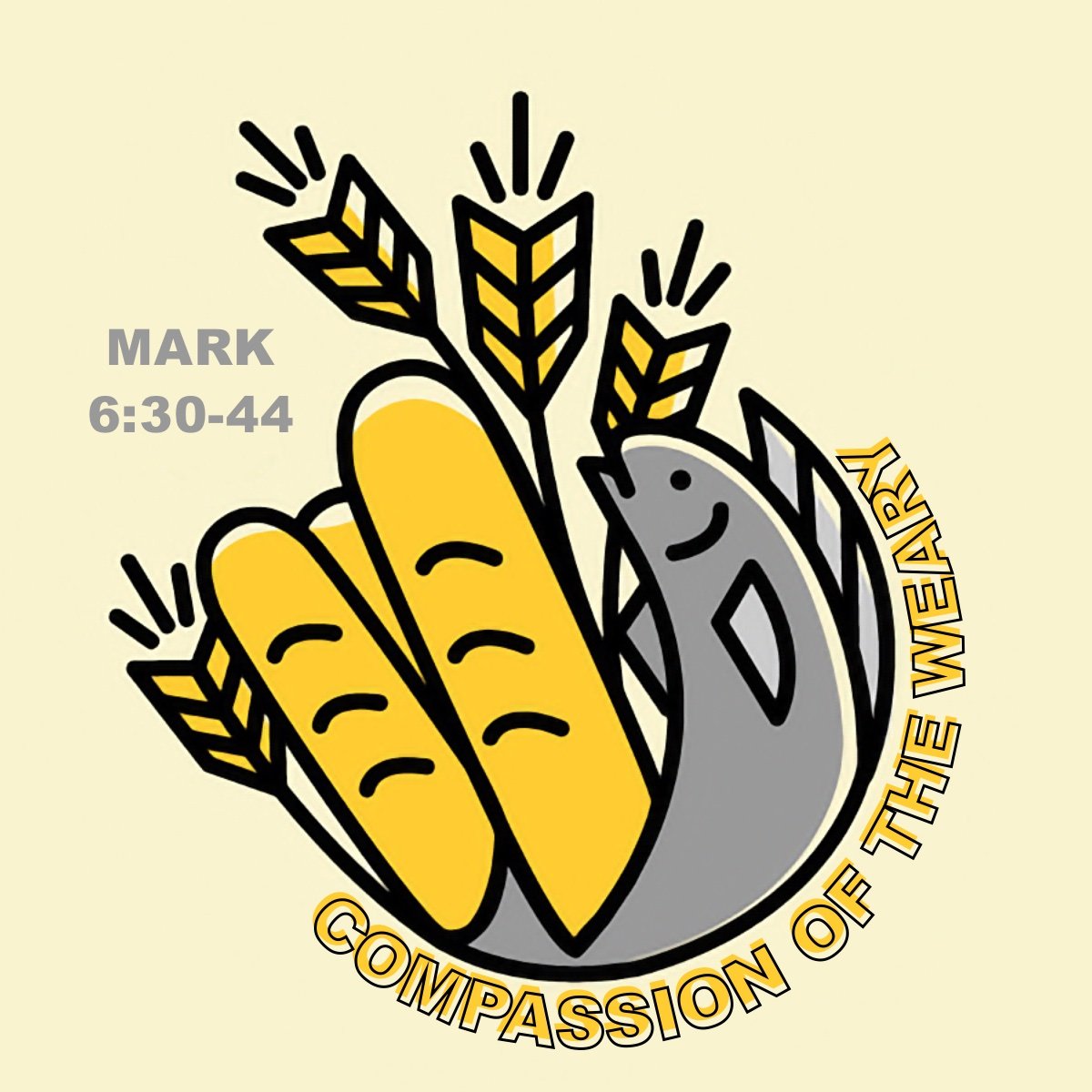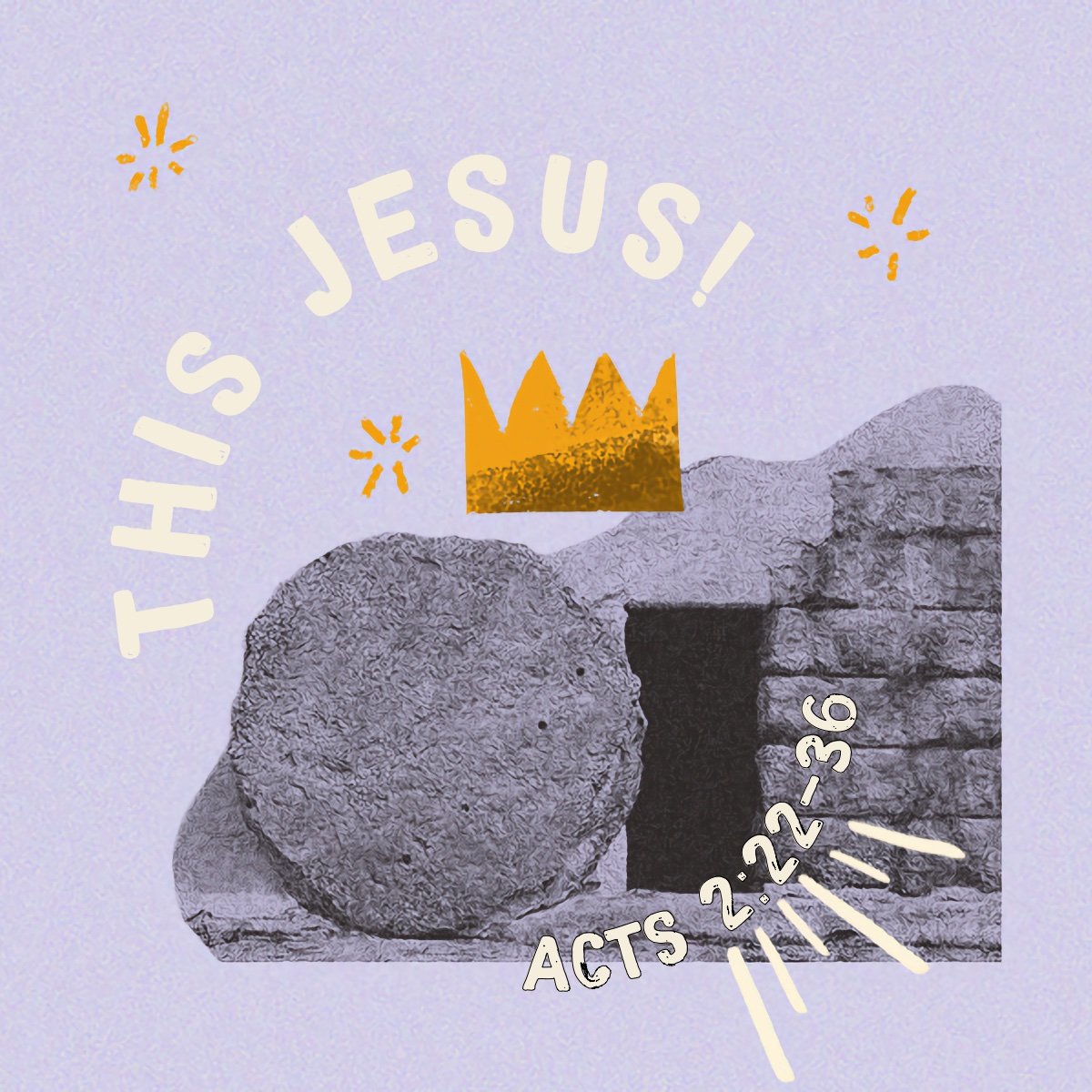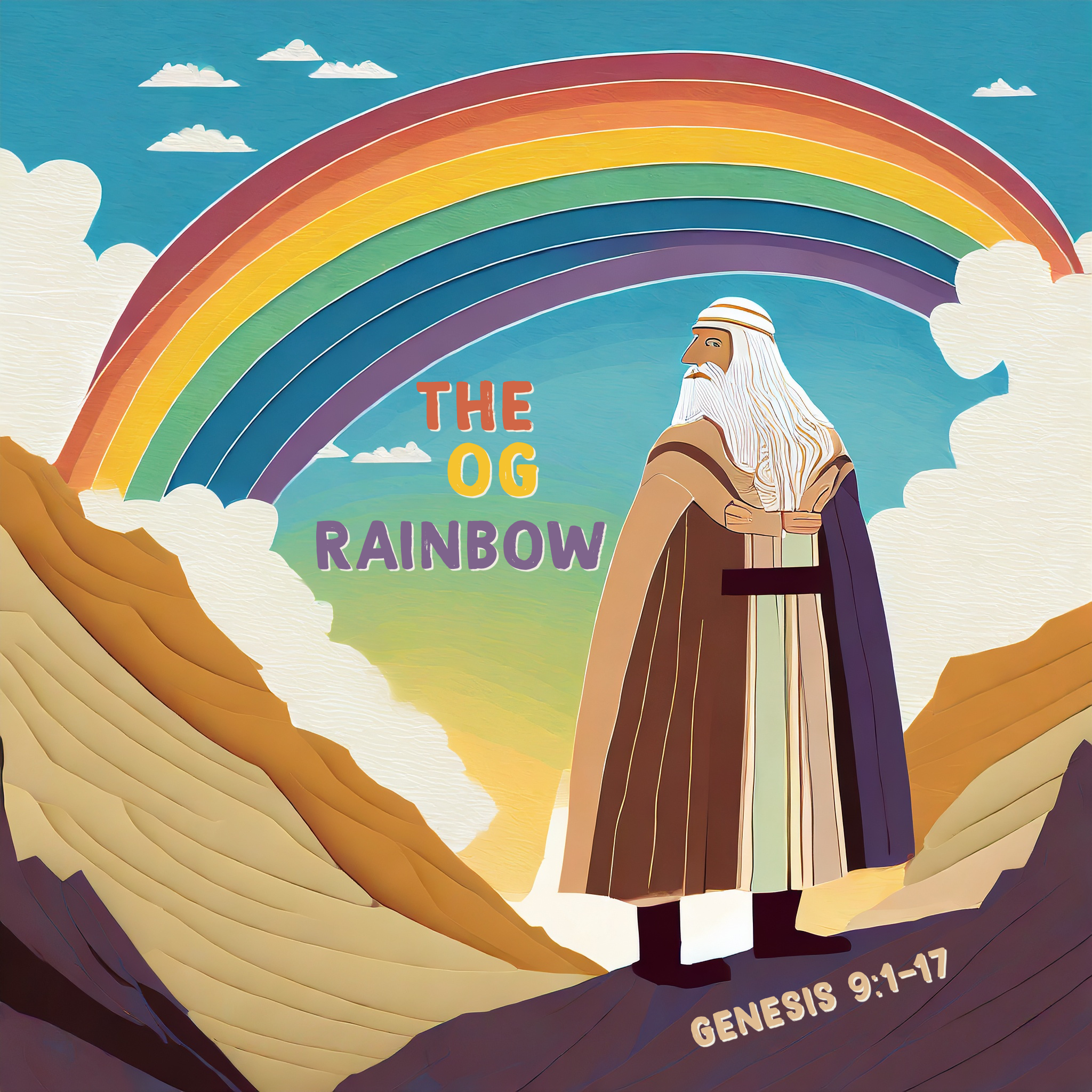Today’s Bulletin
OUTLINE
I. The Wonder of God’s Word (v.129-131)
II. Seeking God & Mourning Those Who Rebel (v.132-136)
Psalm 119:129-136
Pe פּ
129 “Your testimonies are wonderful;
therefore my soul keeps them.
130 The unfolding of your words gives light;
it imparts understanding to the simple.
131 I open my mouth and pant,
because I long for your commandments.
132 Turn to me and be gracious to me,
as is your way with those who love your name.
133 Keep steady my steps according to your promise,
and let no iniquity get dominion over me.
134 Redeem me from man’s oppression,
that I may keep your precepts.
135 Make your face shine upon your servant,
and teach me your statutes.
136 My eyes shed streams of tears,
because people do not keep your law.
Sermon Discussion questions
The Wondrous Word of God: Psalm 119:129-136
Ice Breaker: What are you most insatiable about? A food, a hobby? A subject, etc.
This Week Specific
The psalmist declares that God's word is "wonderful" or "wondrous." When was the last time you felt a sense of awe or wonder at God's word? What might help rekindle that sense of amazement at the power and beauty of Scripture?
Verse 131 says the psalmist "pants" and longs insatiably for God's commandments. Are you currently experiencing that kind of eager desire to read and obey God's word? If not, what steps could you take to cultivate a deeper longing for Scripture?
Is asking God to protect you from sin a regular pattern in your life? Why or why not? How could this request help you?
The sermon mentions praying for protection from sin and temptation (v. 133). What specific areas of sin or temptation do you need to ask God to help you overcome through the power of His word?
When you see blatant sin and rebellion against God in society, does it grieve you to tears like it did the psalmist (v. 136)? How do you usually respond? Why is that? How can developing a deeper love for God's word increase our holy sorrow over sin?
What is one specific plan you can make to prioritize reading and meditating on God's word this week? When and where will you do it? What portion of Scripture will you focus on?
Weekly Questions
What stood out to you/challenged you most in this sermon?
What’s one area you feel the Lord wants to grow you into more Christ likeness?
How can this group pray for you this week?






























